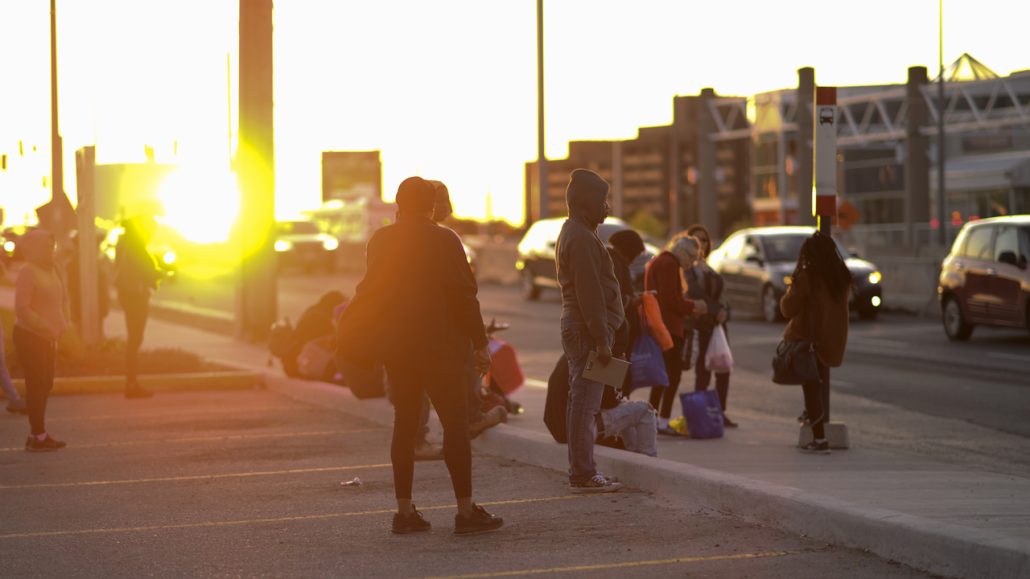
We believe that partnering across sectors is the best way to build more inclusive neighbourhoods
Dear Friend,
In case you didn’t see it, I wanted to share an excerpt from a piece I co-wrote for The Globe and Mail earlier this week with my friend Darryl White, CEO of BMO Financial Group and United Way’s 2022 Community Campaign Chair. Within, we talk about collaborating to build more inclusive neighbourhoods, and why we believe partnering across sectors is the best way forward:
We have reached an inflection point for economic and social progress. With the Consumer Price Index reaching a new multi-decade high of 8.1 per cent in June, an affordability crisis threatens communities across the GTA, particularly those disproportionately impacted by the pandemic.
If ever there were a time to address the gaps that continue to grow deeper, it is now. Long-term systemic change requires a fundamental shift in how we approach solutions. It requires leaders across sectors to come together and collaborate. It starts with listening and involving those experiencing these issues to ensure we get it right. And it must start at the neighbourhood level.
How do we know this will work? We’re seeing progress with a series of pilot projects we’re undertaking in the Greater Golden Mile community of Scarborough through the Inclusive Local Economic Opportunity (ILEO) initiative. Led by BMO Financial Group and United Way Greater Toronto, ILEO is a partnership of 32 senior leaders representing a cross-section of the private, public and community sectors.
This initiative recognizes a need and a responsibility to ensure members of a community benefit when infrastructure investments are made in their neighbourhood. With income and employment rates far below the Toronto average, the pace of economic growth within Greater Golden Mile is not keeping up. In the coming decades, over 75 new mid and high-rise buildings will be built there, offering an opportunity to develop a community for residents of all income levels.
ILEO prioritizes hiring residents, with a special focus on members of underrepresented groups, and offers skills training, competitive pay and opportunities for advancement. It focuses on a range of pilot projects, including a community-owned construction joint-venture, a storefront starter and local procurement of products and services to support established and emerging local businesses.
With the potential to replicate ILEO in other communities, this is just one example of a deeper working relationship across sectors that has the power to effect social change at the neighbourhood level; and to help counter the impacts of affordability and pandemic challenges. The results can be transformational, and the progress we achieve can make our communities more resilient to the greatest challenges facing us all.
Always, and only, thank you.
Daniele Zanotti
President & CEO
United Way Greater Toronto
Things to Know Right Now
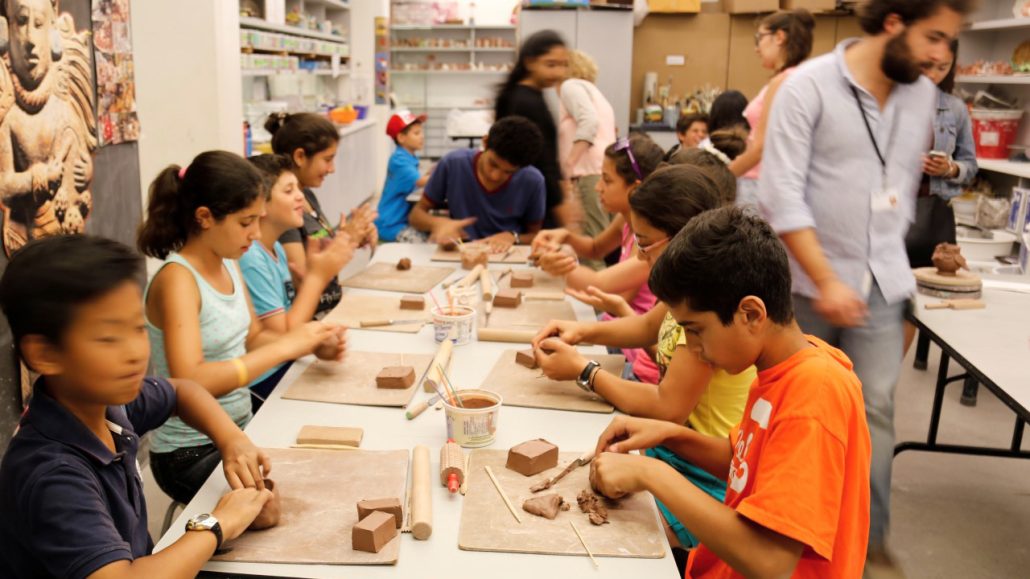
Social Capital
A major research study published in Nature shows that economic connectedness—the degree to which low- and high-income people are friends—plays a significant role in upward mobility. It shows that for children from low-income families, living in an area where people have more friendships that cut across class lines significantly increases how much they earn in adulthood. United Way’s research has also repeatedly shown how inequality cuts off opportunity and how access to social capital is divided along income and financial security lines. But addressing this issue is about more than having a new or wealthy friend, noted our own Daniele Zanotti, speaking on CBC’s Metro Morning earlier this week about the research. “It’s about making sure we have policies and programs in place to build inclusive neighbourhoods.” That’s why United Way is committed to strengthening neighbourhoods and fostering social capital by investing in community building in all of our work, from food security and housing to economic opportunities and more.

Mental Health
A recently released report found that the mental health of Canadians in June was at its lowest levels since the height of the Omicron wave in January. One major contributing factor is the economy. Rising inflation is putting pressure on many, especially those facing food or housing insecurity and precarious employment. We at United Way know that we cannot address mental health without tackling the affordable housing crisis, income insecurity and systemic discrimination. That’s why we’re committed to providing immediate support—hotlines, culturally sensitive mental health programs and more—while working with others towards real and lasting change, investing in research, partnerships and advocacy.
Local Love in Action
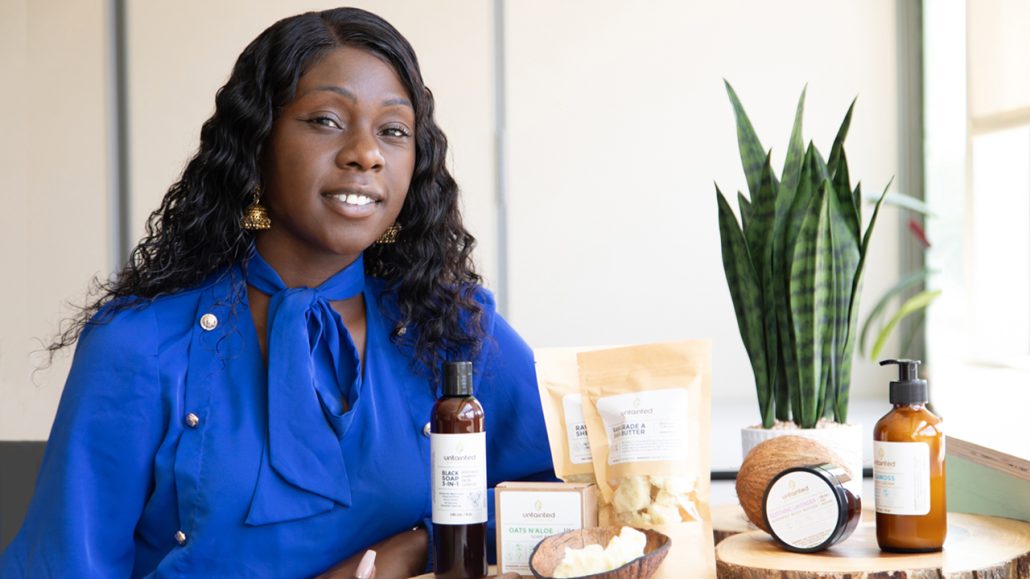
When Kadaesha Lindsay had her son, she wanted to find bath products for her family that had fewer unwanted chemicals and additives. She decided to take matters into her own hands and launched Untainted Bath and Body Care, a line of all-natural body butters, lotions, body scrubs, soaps and oils. Kadaesha is one of 11 Scarborough-based entrepreneurs contributing to a vibrant local retail environment in the Greater Golden Mile through the Storefront Starter Golden Mile Program, part of the Inclusive Local Economic Opportunity (ILEO) initiative. Currently she’s taking part in the ILEO Community Market. She and other vendors are offering beauty products, clothing, home goods and much more. If you haven’t already, we suggest you visit the market before it’s too late! It’s open every Saturday this month from 11 a.m. to 4 p.m. at Warden Ave. and Eglinton Ave. East.
Update from the Frontlines
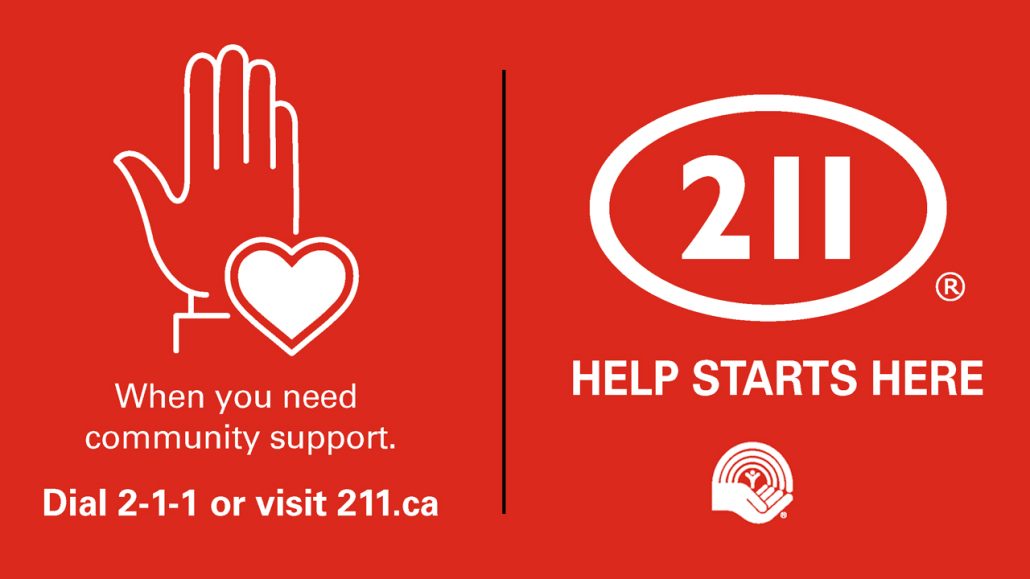
If you’re a resident of Toronto’s west end, you now have an alternative to 911 if you are experiencing a mental health crisis or see someone who is. Instead, call United Way-supported 211 and they’ll connect you to Kamaamwizme wii Naagidiwendiiying, an Indigenous-led crisis response team made up of nurses, crisis support workers, case managers and community resource specialists. The team provides support 24/7 and takes a nonenforcement approach, which means individuals get to determine what type of care they get, whether that’s referrals to mental health services and hospitals or traditional Indigenous supports. The initiative is an important alternative to police intervention. A recent report from Toronto Police Services found that when police responded to calls regarding a person in crisis, Black people were nearly two times more likely to be subjected to force, while Indigenous people were 1.4 times more likely. It’s one of the many statistics that confirms what Toronto’s Black, Indigenous and other racialized communities have long been saying: That racialized communities are disproportionately subject to targeting and use of force by police.
Kamaamwizme wii Naagidiwendiiying is one of four crisis response teams operating in Toronto, all with the support of 211 and many community organizations, including United Way-supported agencies. We’re proud to see this kind of community collaboration in our region.
Get Involved
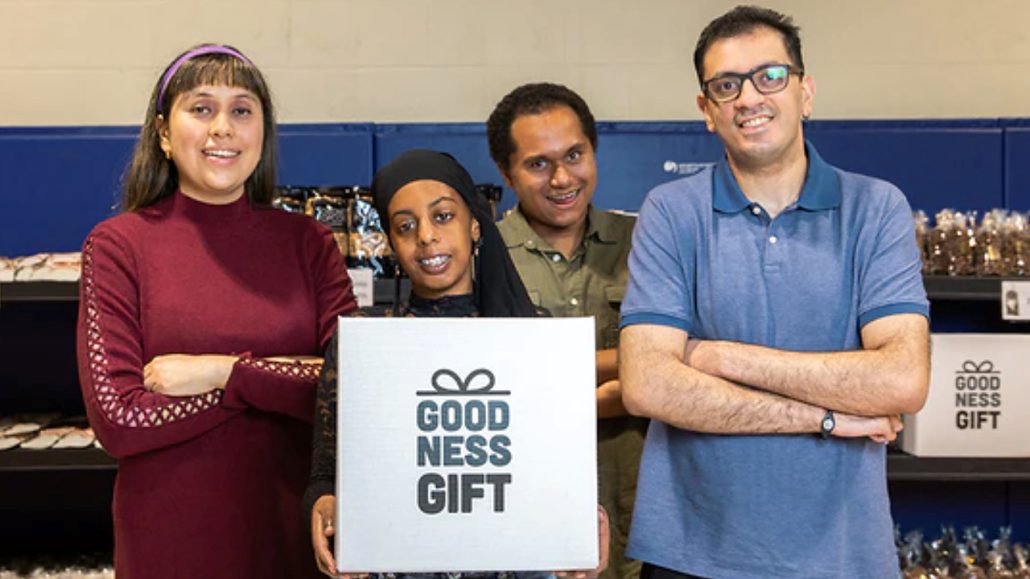
United Way’s Toronto Enterprise Fund is looking for organizations and entrepreneurs interested in developing their own employment social enterprise (ESE). ESEs are businesses that create training and employment opportunities for people facing systemic barriers to entry into the mainstream labour market. If you’re interested in launching your own ESE, or know someone who is, apply for the ESE Idea Accelerator, a series of eight virtual workshops that will help you develop your idea. Graduates of the program may apply for a Catalyzing Grant of up to $7,500 to create a feasibility study and business plan. Sign up for the ESE 101 webinar on August 10 to get started.